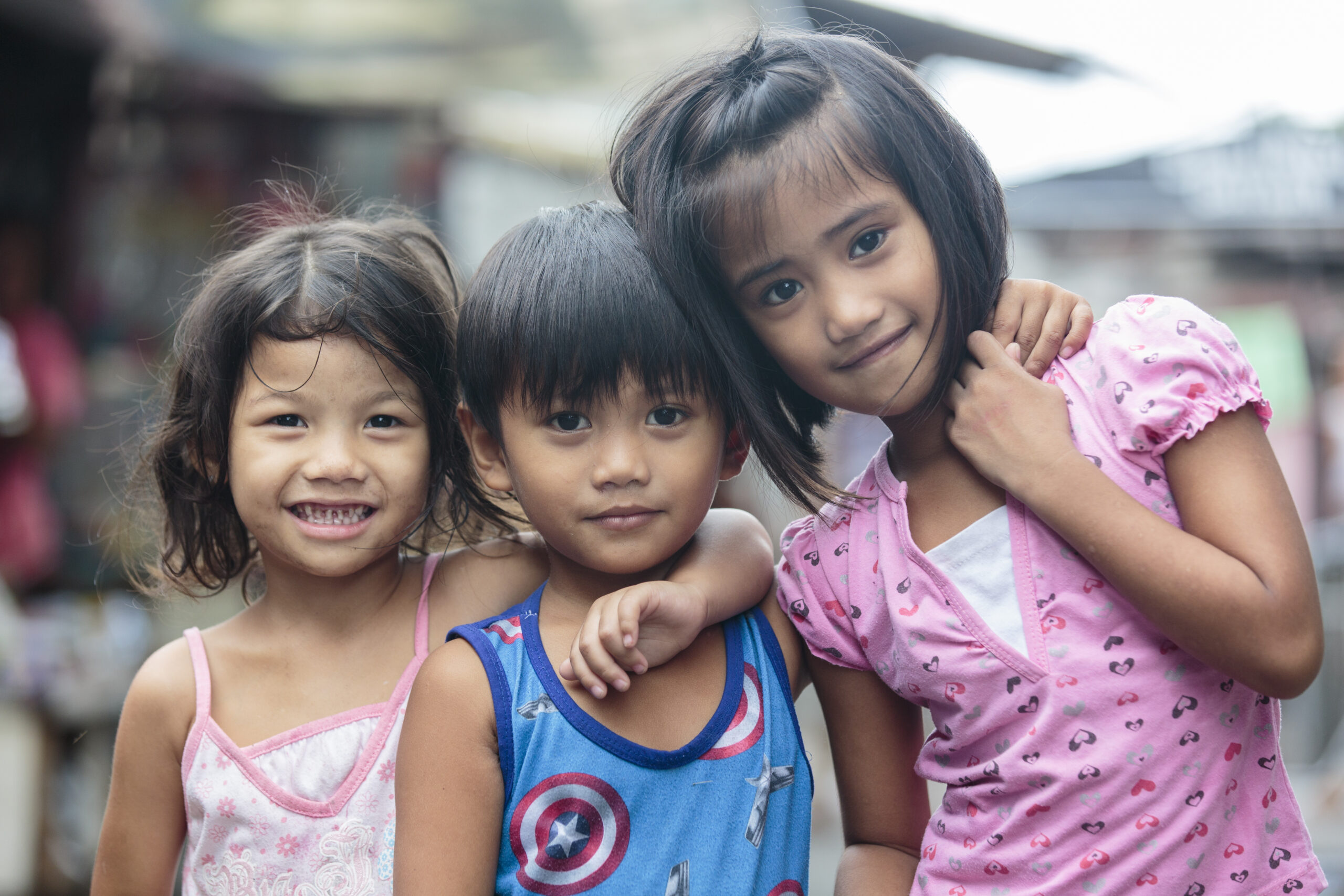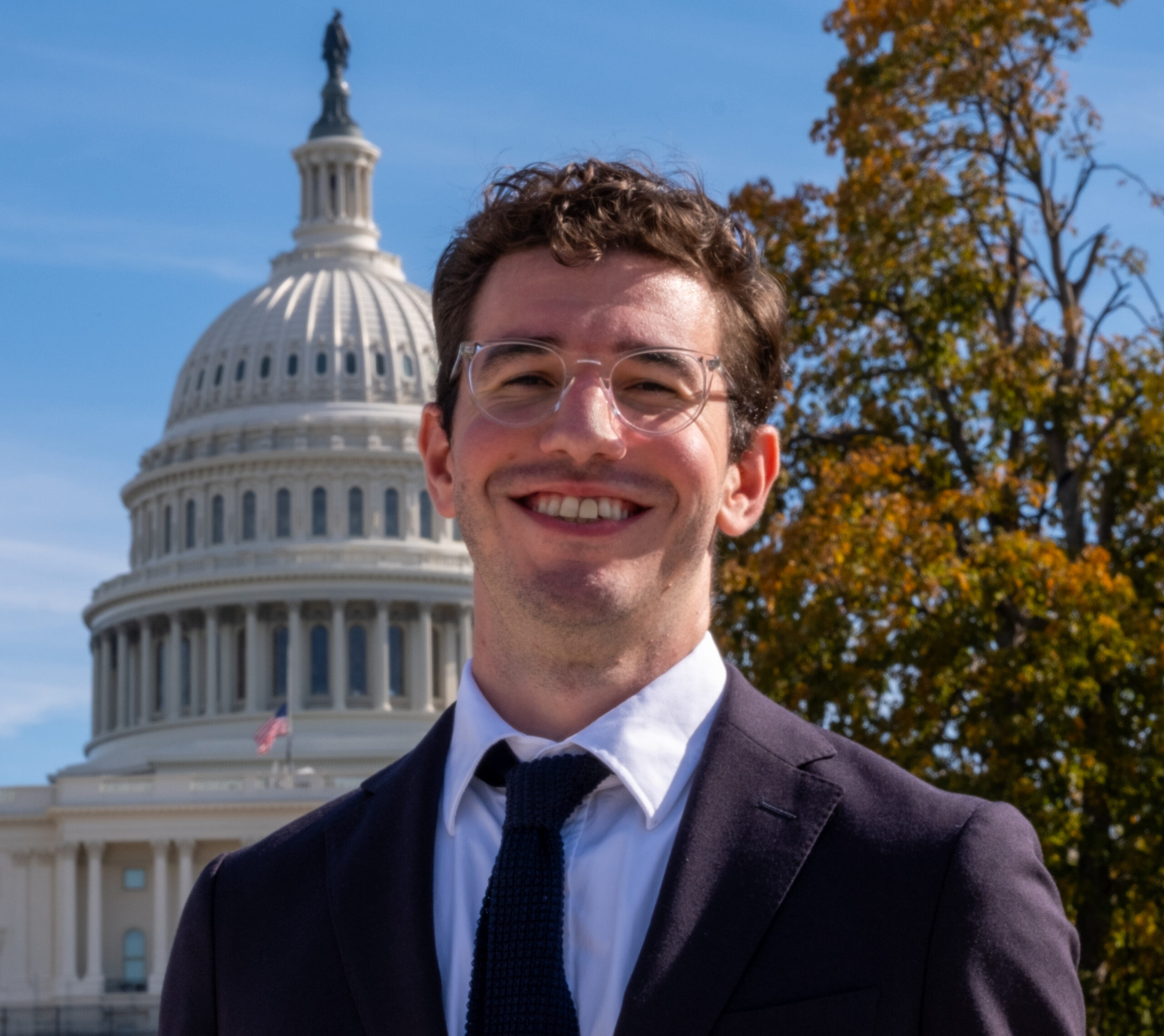Gavi plans next 5-year strategy
2024 is a big year for Gavi, with the board approving Gavi 6.0—its strategy for the next five-year period—and the Alliance raising new resources for its investment opportunity at a critical moment in the fight against vaccine-preventable diseases.

About Gavi
Gavi, the Vaccine Alliance, is a public-private partnership launched in 2000 to help low- and middle-income countries access vaccines.
Gavi operates on a co-financing model, pooling donor country funds with recipient-country matching contributions to create a healthy supply-and-demand market for vaccines. By helping to pool country demand, Gavi’s “market shaping” incentivizes vaccine manufacturers to produce these life-saving interventions at an affordable price. Recipient countries gradually take on more of the cost as their national economic indicators rise, ultimately “graduating” out of Gavi support and taking on the responsibility for funding their own immunization programs. To date, 19 countries have graduated out of Gavi support out of 70 countries, or approximately 27%.
Over time, Gavi has gradually expanded its vaccine portfolio from six diseases in 2000 to 19 today, including the new malaria vaccines that have shown the ability to decrease mortality from malaria by 13% when combined with existing interventions. Now, each year, Gavi finances vaccines that protect more than half the world’s children.
Since 2000, Gavi investments have prevented more than 17 million deaths, while strengthening the health systems of 78 countries. These investments have had far-reaching impacts, generating $220.5 billion in economic benefits in Gavi-supported countries.
In all, more than one billion children in low- and middle-income countries have been reached—an entire generation protected against vaccine-preventable diseases.
Gavi 6.0
Now, Gavi is looking to the future as it plans its next strategy and replenishes funding from donor countries.
Gavi operates on five-year strategic cycles, which allow countries to plan their immunization programs and vaccine manufacturers to match supply to expected demand. The Gavi 6.0 strategy will be launched ahead of Gavi’s Investment Opportunity for donors on June 20.
The need is considerable. COVID-19 significantly set back routine immunization programs across the world, with low- and middle-income countries among the hardest-hit. While vaccination rates are beginning to recover, progress has been uneven across diseases and regions, and Gavi’s work will be critical to reaching children who missed their routine vaccines.
A changing landscape
More positively, changes in the vaccine landscape are creating new opportunities to tackle diseases that continue to cause widespread suffering around the world.
The RTS,S malaria vaccine is currently being rolled out in Cameroon and set to reach 12 more priority countries this year, following a successful pilot program. A second malaria vaccine—R21—was recently prequalified by the World Health Organization (WHO). Together with the RTS,S vaccine, supply should be sufficient to meet the unprecedented demand for the malaria vaccines. These vaccines have the potential to be gamechangers in the fight against a disease that still kills some 600,000 people a year, but only if the resources are available to purchase and deploy them.

The HPV vaccine is another transformative tool that can save countless lives from cervical cancer. Previously thought to require a multi-dose schedule to provide protection, the latest evidence suggests just one dose is highly effective. The one-dose recommendation has dramatically increased the available supply of the vaccine, allowing wider uptake in lower-resource countries that have struggled to access it despite being home to the majority of deaths from cervical cancer.
In addition to expanding access to new vaccines, Gavi is also supporting the African Vaccine Manufacturing Accelerator (AVMA), a new financing instrument to spur domestic African vaccine production through incentive payments to manufacturers producing high-priority vaccines on the continent. Building up vaccine manufacturing capacity in Africa has the potential to generate significant economic benefits and greatly improve vaccine equity.
In order to seize these opportunities, however, and continue reversing the backsliding caused by the pandemic, strong, continued investment by philanthropic actors and donor countries, including the U.S., will be critical.
Gavi & the U.S. government
The U.S. has a long, bipartisan track record of support for Gavi. In addition to technical assistance and complimentary programs that provide support to recipient countries bilaterally, the U.S. has been a crucial funder of the Alliance.
President Clinton made the initial U.S. pledge on Gavi’s formation in 2000, and the U.S. government has maintained its support ever since, spanning political parties across multiple Presidential Administrations and Congressional majorities. Crucially, the U.S. government has a track record of making multi-year pledges to support Gavi’s five-year strategic phases, allowing for better planning of immunization activities and leveraging support from other donor countries that look to the U.S. government to set a high funding bar.
The recently-released 2025 Presidential Budget Request saw a $10 million increase in funding for Gavi and continued the precedent of encouraging a multi-year pledge. As the Investment Opportunity approaches in June, a multi-year financial pledge is an important sign of ongoing U.S. government commitment to Gavi and to the goal of ensuring all children are protected from vaccine-preventable diseases.
Click here to learn more about Gavi 6.0, and tell your representatives you support full funding for global immunization programs, including Gavi, today.

